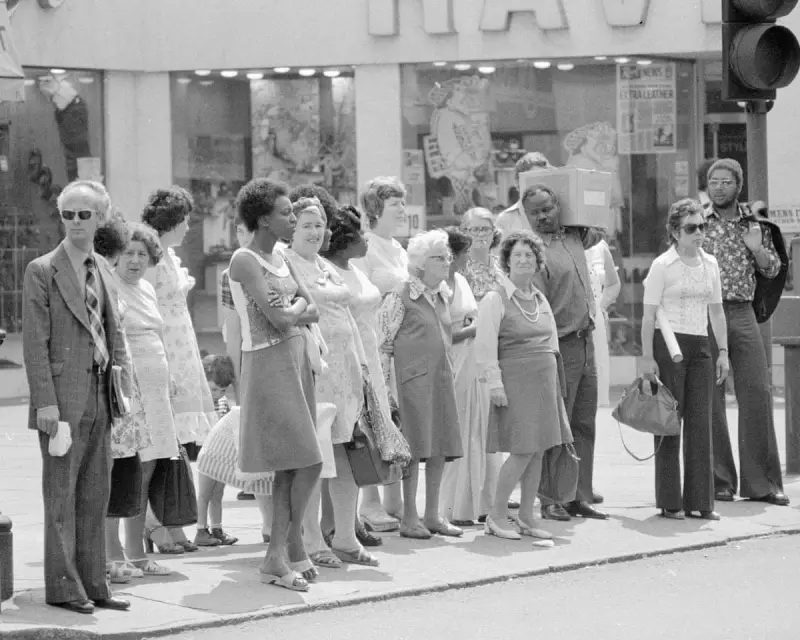
A startling new investigation has exposed how Reform UK's political messaging is contributing to a dangerous normalisation of racist language and behaviour throughout British society.
The comprehensive study, conducted by leading social researchers, documents a significant increase in racially motivated incidents directly correlated with the party's inflammatory rhetoric on immigration and national identity.
Alarming Trends in Public Discourse
Researchers observed that Reform UK's campaign strategies have effectively mainstreamed language that was previously considered socially unacceptable. The report identifies specific patterns where political rhetoric has spilled over into everyday interactions, creating a more permissive environment for racist behaviour.
Multiple case studies demonstrate how once-fringe viewpoints have gained traction in public discourse, with many individuals feeling emboldened to express openly racist sentiments in various social settings.
Expert Warnings and Social Impact
Dr. Sarah Chen, lead researcher on the project, stated: "We're witnessing a concerning shift where racist language is becoming increasingly normalised in public spaces. This isn't just about political preferences—it's about the degradation of social norms that protect vulnerable communities."
Community leaders across several major cities reported increased tensions and a rise in hate incidents coinciding with Reform UK's heightened political activity and media presence.
Political Response and Responsibility
Despite mounting evidence, Reform UK officials have consistently denied any responsibility for the worsening social climate. Party representatives have characterised the criticism as politically motivated attacks designed to undermine their growing popularity.
However, civil rights organisations and monitoring groups maintain that the correlation between the party's rhetoric and increased racist behaviour is too significant to ignore.
Looking Ahead: Implications for British Society
As Britain approaches another election cycle, experts warn that the normalisation of racist discourse could have long-lasting effects on social cohesion and community relations. The report calls for greater accountability in political messaging and stronger protections against hate speech.
The findings have sparked renewed debate about the boundaries of free speech in political campaigning and the responsibilities of parties to maintain civil discourse in a increasingly polarised society.





